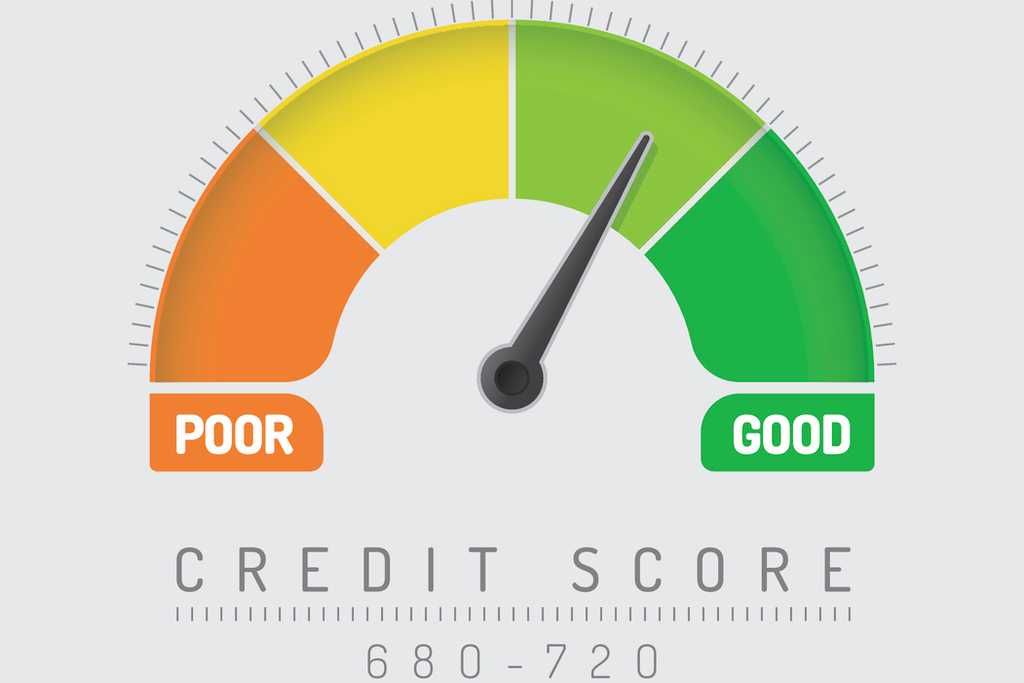A good credit score may not seem that important at first, but only until you realize the endless benefits good credit brings. After all, good credit can pave the way to qualifying for a mortgage or car loan with the best rates and terms. An unblemished credit report could even help you get a job you apply for, and good credit can help you secure lower car insurance premiums to boot.
Likewise, poor credit can make your life harder and more expensive than it needs to be. If your credit score is low enough, you may not even get approved for a loan you want regardless of your income.
If you're hoping to build credit or repair credit mistakes you have made in the past, you should know that good credit is within reach. Read on to learn what good credit looks like, the main factors that impact your credit score and steps you can take to build credit fast.
What Is a Good FICO Score?
FICO credit scores are the most popular type of score used by 90% of top lenders, thus this score should be at the top of your mind when trying to improve your credit. FICO credit scores range from 300 to 850, with higher scores assigned to those with longer credit histories and stronger credit in general.
According to lenders, a good FICO score falls between 670 and 739. However, scores above that are also considered very good or excellent.
The fact is, FICO assigns each range of scores a designation to show where they fall on the spectrum. For example:
- Exceptional credit: 800 to 850
- Very good credit: 740 to 799
- Good credit: 670 to 739
- Fair credit: 580 to 669
- Poor credit: 579 or below
According to the Fair Isaac Corporation (FICO), the average FICO score in the U.S. came in at 714 in 2021. This means that the average American's credit score is on the high end of the "good credit" range.
What Is a Good VantageScore?
VantageScore is another type of credit score commonly used by lenders and other creditors when confirming eligibility for a loan. In fact, more than 2,200 financial institutions rely on VantageScore for credit approvals, along with 9 out of 10 of the largest banks in the U.S.
While VantageScore's first two scoring models assigned scores that ranged from 501 to 990, the current models (VantageScore 3.0 and 4.0) use the same range as FICO scores.
Generally speaking, a good VantageScore is any score of 661 to 780. However, VantageScore breaks down their scores in the following categories:
- Excellent credit: 781 to 850
- Good credit: 661 to 780
- Fair credit: 601 to 660
- Poor credit: 500 to 600
- Very poor credit: 300 to 499
According to Equifax, the average credit score using the VantageScore 3.0 model worked out to 698 as of February 2021. This means the average American had "good credit" using this model as of last year.
Which Factors Impact Your Credit Score?
Whether you are looking at FICO scores or VantageScore models, the main factors that make up each score are mostly the same. The biggest difference is in how much each factor is used to determine either type of score.
When it comes to FICO scores, the following factors impact your score by the corresponding percentages.
What makes up a FICO score?
- Payment history: 35%
- Amounts owed: 30%
- Length of credit history: 15%
- New credit: 10%
- Credit mix: 10%
When it comes to VantageScore scores, the following factors impact your score by the corresponding percentages.
What makes up a VantageScore?
- Payment history: 41%
- Depth of credit: 20%
- Credit utilization: 20%
- Recent credit: 11%
- Balances: 6%
- Available credit: 2%
5 Steps to a Good Credit Score
As you can see from the factors that impact your credit score above, the way you use credit will play the biggest role in your score for years to come. Where using credit responsibly can impact your score in a positive way, the opposite is also true. If you're constantly maxing out credit cards or making late payments, your credit score will reflect those choices in a hurry.
If you want a score that is considered "good" by any measure, you should treat your credit with care and go out of your way to use it in a way that benefits you. Whether your goal is building credit from scratch or helping improve your credit score from where it's at now, the following tips can help:
- Step 1: Pay your bills on time with no exceptions. Your payment history is the most important factor that makes up your credit score, so it's crucial to pay every bill you have early or on time. Where on-time payments can help boost your credit score in a hurry, late payments will have the opposite effect.
- Step 2: Keep revolving debt at a minimum. Strive to keep your credit utilization rate below 30%, and potentially below 10% if you can. This will show that you aren't at risk of maxing out your credit limits.
- Step 3: Refrain from closing old accounts — even if you're not using them. Since older accounts you have can lengthen the average age of your credit history, keeping them open can help your credit. This is even true for accounts you never use, at least not regularly.
- Step 4: Don't apply for too many new accounts at once. Refrain from applying for too much credit at once since multiple hard inquiries can ding your credit score in the short-term.
- Step 5: Monitor your credit reports and keep an eye out for errors. Finally, make sure to keep an eye on your credit reports and watch for errors, which you can do once a year for free using the website AnnualCreditReport.com. If you find any errors or incorrect data, follow the steps required to dispute errors with all three credit bureaus.
Frequently Asked Questions (FAQ)
What is a normal FICO score?
According to the Fair Isaac Corporation (FICO), the average FICO score worked out to 714 nationwide in 2021.
What is a Good FICO score for a mortgage?
According to Rocket Mortgage, most lenders want borrowers to have a credit score of at least 620 before they apply. However, you may be able to qualify for a FHA loan or a VA loan with a credit score as low as 580.
Does FICO go to 900?
FICO credit scores range from 300 to 850 with the best credit scores assigned at the top of that range.
Meta Description: A good credit score starts at 661, although it really depends on the type of scoring model you use. Find out what good credit looks like and how to get it.

